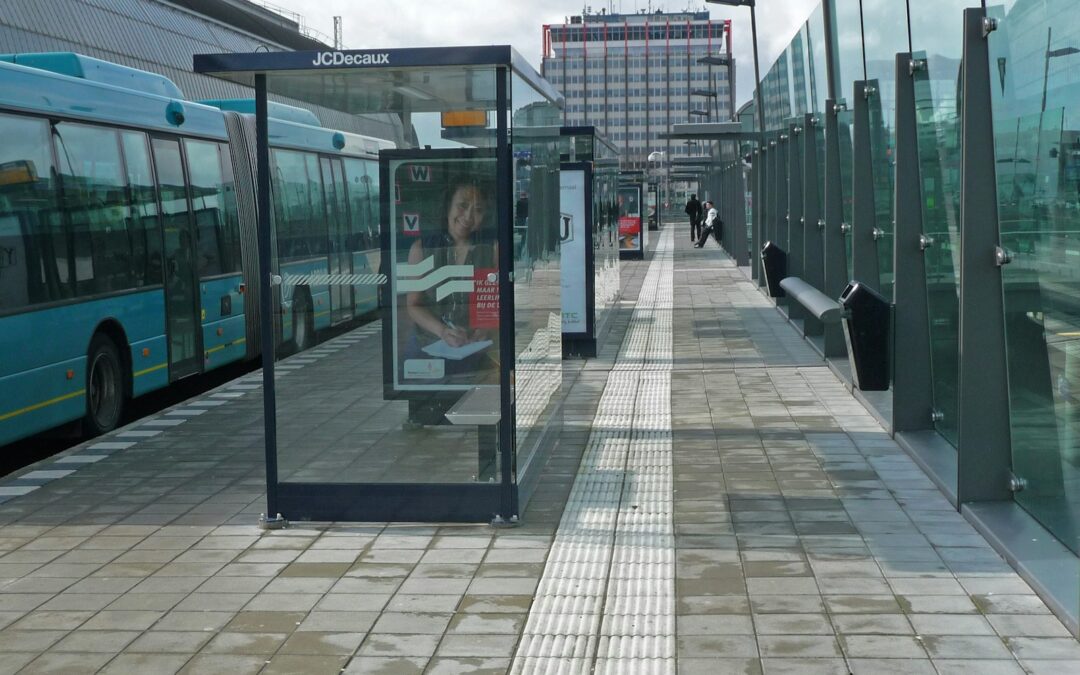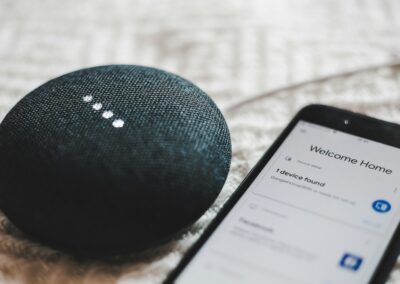How Government Initiatives Propel IoT Smart City Projects
Transforming Urban Landscapes Through Government Support
Government Initiatives in IoT Smart Cities have been pivotal in the early adoption and development of smart city projects, particularly in regions like Saudi Arabia and the UAE. These initiatives are fostering innovation and transforming urban landscapes by leveraging the power of modern technology. Governments in Riyadh and Dubai are playing a crucial role in creating sustainable, efficient, and technologically advanced urban environments, paving the way for a smarter future.
In Saudi Arabia, the government’s Vision 2030 plan emphasizes the importance of digital transformation and the integration of IoT in urban planning. By investing in advanced technologies, the Saudi government aims to enhance the quality of life for its citizens and create more sustainable cities. Initiatives such as NEOM, a futuristic mega-city project, are perfect examples of how government support can drive IoT adoption. NEOM is designed to be a hub of innovation, utilizing IoT devices for everything from traffic management to energy consumption, showcasing the transformative potential of government-led projects.
Similarly, in the UAE, government initiatives are at the forefront of smart city development. Dubai’s Smart Dubai initiative aims to make the city the happiest and smartest on the planet by 2025. This ambitious project leverages IoT technology to improve public services, enhance security, and increase operational efficiency. By integrating IoT into various aspects of city life, the UAE government is setting a benchmark for other regions to follow, demonstrating the significant impact of public sector involvement in smart city projects.
The Role of Public-Private Partnerships in IoT Adoption
Public-private partnerships (PPPs) are critical in the successful implementation of IoT smart city projects. These collaborations allow for the sharing of expertise, resources, and risks, leading to more effective and sustainable outcomes. Governments in Saudi Arabia and the UAE are increasingly engaging with private sector partners to accelerate IoT adoption and enhance the capabilities of smart cities.
In Riyadh, the government has partnered with leading technology companies to develop and deploy IoT solutions across the city. These collaborations have resulted in innovative projects such as smart traffic management systems, which use IoT sensors to monitor and optimize traffic flow, reducing congestion and improving safety. By working together, the public and private sectors can leverage their respective strengths to drive technological advancements and create more efficient urban environments.
Dubai’s success in implementing IoT smart city projects can also be attributed to strong public-private partnerships. The Smart Dubai initiative, for instance, involves collaborations with various technology firms to develop IoT-based solutions for public safety, healthcare, and transportation. These partnerships enable the city to access cutting-edge technology and expertise, ensuring the successful deployment of smart city initiatives. The collaborative approach adopted by the UAE government demonstrates the importance of PPPs in achieving the goals of smart city projects.
Impact of Government Initiatives on IoT Smart City Projects
Enhancing Efficiency and Sustainability Through IoT
The impact of government initiatives on IoT smart city projects is profound, leading to significant improvements in efficiency and sustainability. By incorporating IoT technology into urban infrastructure, governments in Saudi Arabia and the UAE are enhancing the quality of life for their citizens while promoting sustainable development. These initiatives are helping cities manage resources more effectively, reduce environmental impact, and improve overall operational efficiency.
In Saudi Arabia, the integration of IoT technology in smart city projects is enabling more efficient energy management. Smart grids and IoT-enabled energy monitoring systems allow cities to optimize energy consumption, reduce waste, and promote the use of renewable energy sources. These advancements are crucial in achieving the country’s sustainability goals and reducing its carbon footprint. The government’s commitment to supporting IoT adoption in smart cities is driving significant progress towards a greener and more sustainable future.
The UAE is also witnessing remarkable improvements in sustainability through government-led IoT initiatives. Smart waste management systems in Dubai, for example, use IoT sensors to monitor waste levels and optimize collection routes, reducing operational costs and minimizing environmental impact. Additionally, IoT-enabled water management systems help monitor and control water usage, ensuring efficient distribution and conservation of this vital resource. These examples highlight how government initiatives are leveraging IoT technology to create more sustainable and efficient urban environments.
Fostering Innovation and Economic Growth
Government initiatives in IoT smart city projects are not only transforming urban landscapes but also fostering innovation and economic growth. By investing in advanced technologies and creating a supportive environment for IoT adoption, governments in Saudi Arabia and the UAE are positioning their cities as global leaders in innovation and technology. These initiatives are attracting investment, creating jobs, and driving economic development, contributing to the overall prosperity of the region.
In Riyadh, government support for IoT adoption is creating new opportunities for startups and technology companies. The establishment of innovation hubs and technology parks, such as the King Abdulaziz City for Science and Technology (KACST), is fostering a culture of innovation and entrepreneurship. These initiatives provide a platform for businesses to develop and test IoT solutions, driving technological advancements and contributing to economic growth. The government’s commitment to supporting IoT innovation is positioning Riyadh as a hub for technological excellence.
Dubai’s Smart Dubai initiative is also driving economic growth by attracting international businesses and investors. The city’s strategic location, coupled with its supportive regulatory environment, makes it an attractive destination for companies looking to invest in IoT and smart city technologies. The government’s focus on creating a conducive environment for business growth is resulting in increased investment, job creation, and economic prosperity. The success of Dubai’s smart city projects demonstrates the significant impact of government initiatives on economic development.
Conclusion
Government initiatives in IoT smart cities are playing a crucial role in driving innovation, enhancing efficiency, and promoting sustainability. In regions like Saudi Arabia and the UAE, these initiatives are transforming urban landscapes, fostering economic growth, and positioning cities as global leaders in technology. By leveraging the power of IoT and modern technology, governments are creating smarter, more efficient, and sustainable urban environments, paving the way for a brighter future.
—
#GovernmentInitiatives #IoTSmartCities #SmartCityProjects #PublicSectorIoT #DigitalTransformation #ModernTechnology #BusinessInnovation































